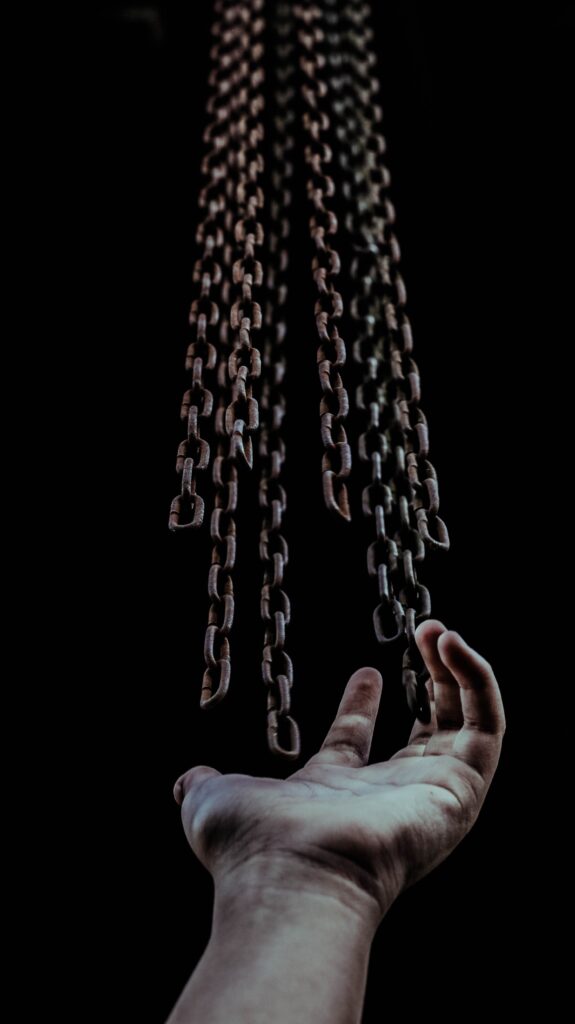
by: Kiran Waqar
“O you who believe! Stand out firmly for justice, as witnesses to Allah, even though it be against yourselves, or your parents, or your kin, be he rich or poor, Allah is a Better Protector to both (than you). So follow not the lusts (of your hearts), lest you may avoid justice, and if you distort your witness or refuse to give it, verily, Allah is Ever Well-Acquainted with what you do.” Surah An-Nisa [4:135]
HEART has been, remains, and will continue to be abolitionist. As an organization that works to center survivors, we know that these systems were not made for us. Time and time again we have seen how our community has been harmed by the prison industrial complex. But what does that mean for us as an organization?
Abolition shows up our approaches to sexual violence
As an organization that firmly believes there is no quick fix to sexual violence, we know that change is necessary on an individual, systemic, and structural level. Inspired by our Islamic faith, activists, and scholars, we believe that abolition happens on multiple levels. Moving away from punitive “solutions,” we created, use, and teach a RAHMA-AMANA-ADALAH framework. As Muslim organization, part of the work for us is returning to our faith to rediscover alternatives to our current systems.
Abolition shows up in our advocacy
In our recent trauma-informed voter guide, we included decarceration as one of our values, along with anti-capitalism, social justice, intersectionality, and Islamic liberation theology. In centering these values, we also acknowledge the scholarship and work of marginalized folks, and particularly Black, Indigenous, brown, Muslim, queer, and trans women and femmes. We know that we cannot be free in a world of prisons and police, and shape our advocacy from this perspective.
Abolition shows up in our cross-issue & transnational solidarity
We understand how our struggles are linked. Knowing that even borders are colonial constructs, we know our wisdoms are not limited to the United States. We stand in solidarity with resistance movements worldwide. Being abolitionist in the United States means being abolitionist transnationally, from the Special Anti-Robbery Squad (SARS) in Nigeria to the Israel Defense Force (IDF) in Palestine. At HEART, we work to create space for these conversations alongside our partners.
Check out our report from the first ever international convening on Gendered Islamophobia. Sponsored in partnership with Vigilant Love and Justice for Muslims Collective, we examined the ways carceral violence and gendered Islamophobia shows up transnationally, from mosques in Palestine, to schools in the United Kingdom, to prisons in New York.
Abolition shows up in our self & community care
Part of abolition is thinking about how white supremacy and carceral violence shows up in our personal and interpersonal relationships. At HEART, we are constantly striving to resist white supremacy in our structure and everyday actions. Part of how we do this is by centering self care and challenging the non-profit industrial complex.
For us, self care is inextricably linked to community care. As an organization, we have released various tools including a Community Care Toolkit, a Self Care Manual, and a Zakat fund.
Abolition happens on every level. At HEART, we’ve spent time to thinking about how anti-Blackness, Islamophobia, and other forms of violence impacts Muslim communities. We know that change happens on every level, from examining our beauty standards and relationships, to disrupting harmful mosque behavior, to re-envisioning our systems and structures. In our efforts to be trauma-informed, we work to co-create the worlds we want to live in.

Leave a Reply